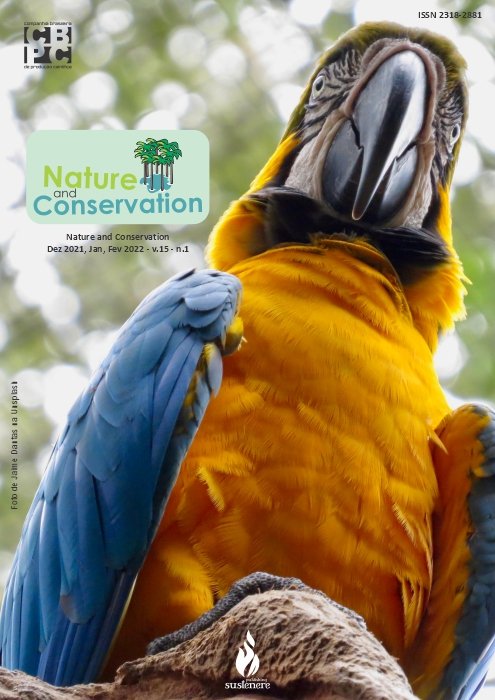Analysis of socio-environmental conflicts in a water reservoir in the municipality of Campina Grande/PB
DOI:
https://doi.org/10.6008/CBPC2318-2881.2022.001.0009Keywords:
Water use, Social vulnerability, Water security, Ambiental degradationAbstract
Water is a natural resource of fundamental importance for all living beings. Therefore, the present article was carried out with the objective of clarifying the conflicts of water use of the Bodocongó weir in Campina Grande - PB, as well as highlighting the situation of vulnerability of the population that makes use of these waters and the agents that pollute the weir of illegally, in order to propose solutions that are capable of guaranteeing the water security of these people and the restoration of the environmental balance of the dam. The methodology applied was primarily carried out in loco, which had direct contact with the study environment, in addition, an analysis of the physical-chemical and microbiological quality of the water from the Bodocongó reservoir was applied to measure the possible results found. In this way, the results obtained in the samples showed that the water from the weir is not potable because they present irregular patterns according to the National Council for the Environment. It stands out as one of the main agents responsible for this, the human being, who in addition to polluting the water, contaminate the soil with various substances, cause damage to the health of the population, fauna and flora of the region, increasing environmental degradation in the surroundings of the body. water generating negative impacts to the environment. It is concluded that the environmental degradation present in the dam is mainly caused by human actions and that the same environmental wear culminates in social problems.
Downloads
Downloads
Published
Issue
Section
License
Copyright (c) 2023 Nature and Conservation

This work is licensed under a Creative Commons Attribution-NonCommercial-NoDerivatives 4.0 International License.
The CBPC - Companhia Brasileira de Produção Científica (Brazil CNPJ: 11.221.422/0001-03) the material rights of the published works. The rights relate to the publication of the work anywhere in the world, including rights to renewals, expansions and dissemination of the contribution, as well as other subsidiary rights. All electronically published works may subsequently be published in printed collections under the coordination of this company and / or its partners. The authors preserve the copyright, but are not allowed to publish the contribution in another medium, printed or digital, in Portuguese or in translation.









